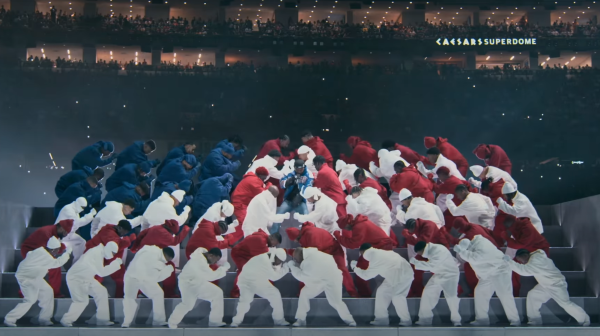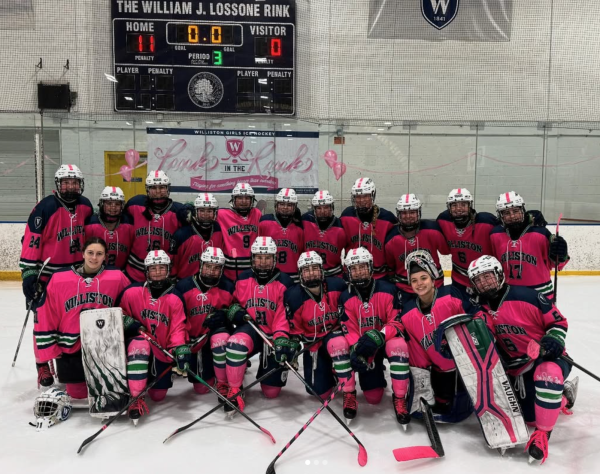13 Reasons Why and the Battle over Graphic TV

Credit: Netflix
The new show 13 Reasons Why is sweeping high school and college campuses, and leaving a wave of controversy in its wake.
The show, which premiered on Netflix on March 31, centers on Hannah Baker, a 17-year-old, played by Katherine Langford, who commits suicide and leaves 13 cassette tapes addressed to the peers she believes caused her to kill herself. The last episode shows a graphic representation of Hannah’s suicide, and her mother finding her.
The show is based on an acclaimed 2007 novel of the same name by Jay Asher. Netflix has already renewed it for a second season, which will begin in 2018.
The producers of the series, including actor-singer Selena Gomez, made the show with the intent of raising suicide awareness. While some argue it has done so, many viewers have mixed feelings about the show’s explicit and graphic scenes. Along with the suicide, there are also scenes depicting rape, bullying, abuse, and drunk driving. Many viewers were upset because the show did not express any signs of depression or mental illness; rather, it just showed the ending of Hannah’s life.
Alexis Ryan, ’17, finished the show soon after it debuted. She agreed the show was graphic, especially at the end, “but I think that it needed to be shown to make it realistic and to try to spread awareness.”
Junior Jordan Strum felt 13 Reasons Why’s explicit nature, even the ugly and difficult parts, makes the show so compelling, and explains why it caught on so quickly.
“I think it’s because they didn’t hide anything,” Jordan said. “They made everything so real so you’re forced to deal with it. Like the scene of Hannah killing herself. By physically showing you everything, you’re forced to face the fact that this happens to real people in real life and it needs to stop.”
Each episode of 13 Reasons Why now contains a trigger warning. The advisory encourages viewers impacted by the content of the story to contact a helpline.
Because of the subject matter of the show, Williston, on May 4, released a guide from the National Association of School Psychologists (NASP) on how educators can best address the controversial topics.
The NASP has taken its own stance on the show, and released a statement which says, “We do not recommend that vulnerable youth, especially those who have any degree of suicidal ideation, watch this series.”
The statement continues: “Its powerful storytelling may lead impressionable viewers to romanticize the choices made by the characters and/or develop revenge fantasies. They may easily identify with the experiences portrayed and recognize both the intentional and unintentional effects on the central character. Unfortunately, adult characters in the show, including the second school counselor who inadequately addresses Hannah’s pleas for help, do not inspire a sense of trust or ability to help. Hannah’s parents are also unaware of the events that lead to her suicide death.”
Marielle McHale is a senior from Clifton Park, NY. She lives in Mem West, and in her free time, she plays hockey and hangs out with her friends.










